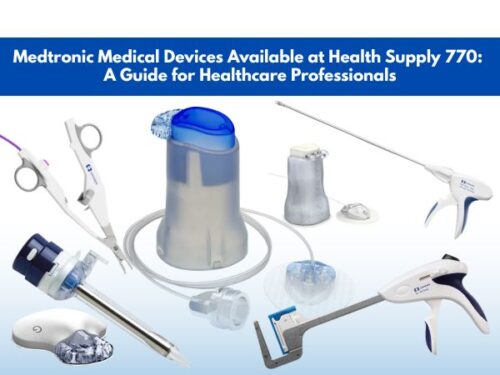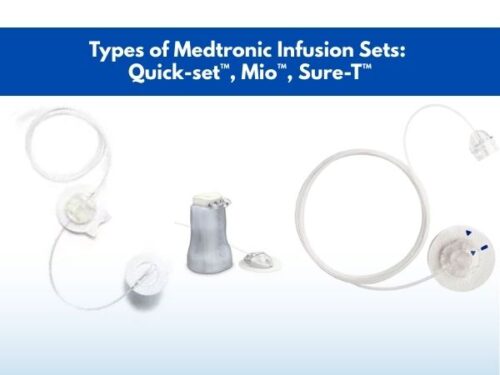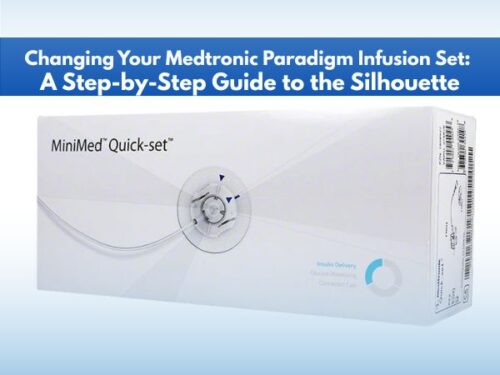Ketamine outperforms shock therapy for depression

With the latest lifestyle changes the human species has endured, mental health disorders have prevailed at a similar rate to that of cough and flu. Statistics have illustrated that, only in the U.S., nearly 21 million people dealing with some form of depression. The problems significantly magnify when this depression becomes treatment-resistant which is the case with 30% of these patients. The anti-depressive drugs just simply do not work for them which generates a gap in the diagnosis and treatment initiation as no suitable chemical molecule or therapy is good enough in such cases.

Depression as a major mental health disorder
Recently, a previously-used chemical moiety called ketamine has been re-introduced in the form of an infusion which has manifested promising results when tested for the alleviation of depressive symptoms. Let us dive into what ketamine is and what is its efficacy when compared to the other commonly used treatments for depression.
What is ketamine?
Ketamine is general anesthesia majorly employed during surgeries, childbirth, or other medical procedures. However, in recent times, researchers are trying to expand the circle of ketamine use in other domains of healthcare and therapeutics as well. This involves the exploration of its role as a potential treatment for depression and post-traumatic stress disease (PTSD). It is usually used as an intravenous (IV) infusion but nasal sprays containing ketamine as an active pharmaceutical agent are also available.
How does ketamine work?
There are multiple mechanisms of action associated with ketamine which include the following:
- Ketamine is classified as a desensitizing drug due to its potential to block nerve impulse transmissions within the brain resulting in a reduction in anxiety and depressive feelings.
- Moreover, due to its anti-inflammatory properties, an underline cause of the anti-depressive effects of ketamine can be the decrease in swelling of the brain.
- Furthermore, ketamine gives the brain a boost of serotonin, the happiness hormone, which elevates feelings of happiness and positivity.
- Additionally, at the genetic level, ketamine is responsible for up-regulating the certain genes responsible for mood elevation thus activating the brain’s reward system.
Ketamine vs other therapeutic options for depression
Despite the use of ketamine infusion, other anti-depressive therapies have also been in practice which includes the employment of electroconvulsive therapy as well as the administration of anti-depressants. Let us take a look at what these treatments are and how much efficient they have been in the treatment of depression.
Electroconvulsive or shock therapy and anti-depressants
Electroconvulsive therapy (ECT) or shock therapy has been used for the treatment of depressive symptoms for nearly a century now with a success rate of 41%. It works by passing a minute amount of current through the brain which fluctuates the chemical balance within the cranium thus resulting in a change in the organ’s chemistry. This way, a sharp decline can be observed in the intensity of depressive symptoms.
However, despite being widely used and an efficient way of therapy, electroconvulsive therapy has some serious side effects associated with it which include:

Headache : one of the electroconvulsive therapy side effects
- Confusion
- Nausea
- Fatigue
- Headache
- Temporary memory loss
In a similar manner, the anti-depressants have made significant improvements in the overall behavior of the patients due to the alleviation of depressive symptoms. However, when both of these therapies are compared to ketamine, it is observed that the latter outlasts the prior ones.
Comparison of ECT with ketamine infusions
A recent study published in The New England Journal of Medicine has evaluated the comparative effects of electroconvulsive therapy as well as ketamine infusions on patients suffering from depression. A total of 403 patients were divided into two groups one of which received shock therapy thrice weekly while the other was infused with ketamine twice weekly. The results indicated that the ketamine therapy was non-inferior to the shock therapy i.e. both treatments provided similar benefits to the patients by prominently improving their quality of life.
Applications of ketamine
Apart from the fact that ketamine has been widely used as a general anesthetic but presently, like many other pharmaceutical drugs, the newer uses of ketamine are being unveiled. Some of the studies have enlisted its benefits in the following disease states:
- Alleviation of anxiety
- Management of treatment-resistant depression
- Treatment of post-traumatic stress disease (PTSD)
- Complex regional pain syndrome (CRPS) and reflex sympathetic dystrophy (RSD) i.e. burning sensation in the extremities
- Pudendal pain i.e. pain in the pelvic region which lasts for a longer time
- Fibromyalgia
- Neuralgia such as trigeminal neuralgia and occipital neuralgia
Along with these benefits provided by ketamine infusions, these also decrease the relapse of certain conditions such as depression.
Side effects of ketamine
Like all the other treatments available for depression, ketamine also has its side effects which include the following:
In case of short-term side effects, the patient may experience:
- Nausea
- Vomiting
- Dizziness
- Headache
- Hypertension
However, in the case of long-term use, the side effects may be:
- Memory-associated problems
- Liver inflammation
- Hepatic failure
- Inflammation of the gallbladder
Furthermore, ketamine has the potential for abuse. Therefore, its use besides the medical ones is discouraged.
Conclusion
Depression is one of the most diagnosed mental health conditions nowadays. With the availability of electroconvulsive therapy and anti-depressant medications, physicians have been able to manage the condition up to an extent. However, total reliance on these therapeutic options is not possible as they come with several side effects.
In a recently published investigation, the successful use of ketamine as an anti-depressive therapy has been reported. These infusions, when compared to the older therapeutic options, have proven to be non-inferior. With such kind of advancements, the way to better pharmaceutical treatment options is been paved.



















